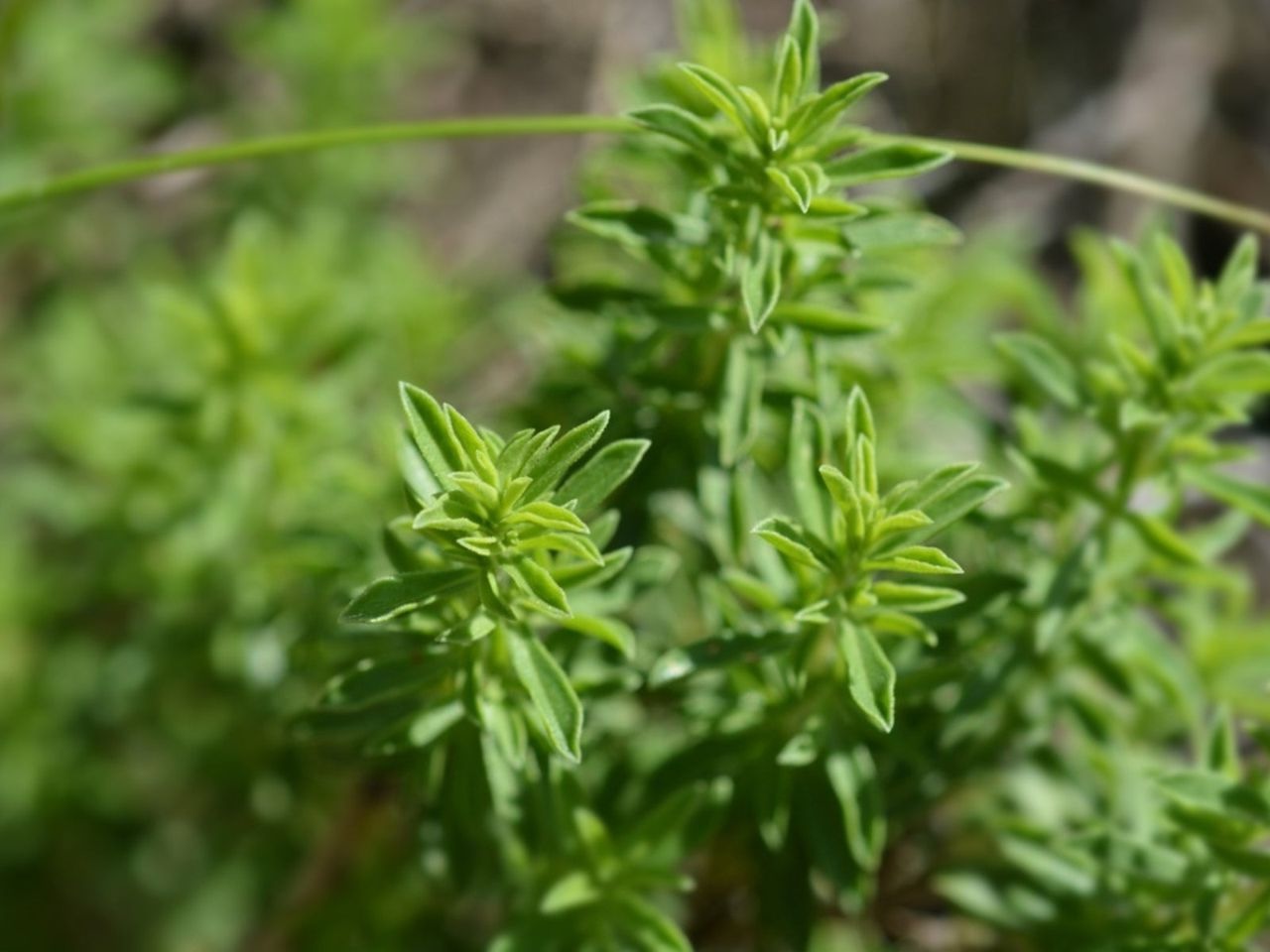
Winter savory is a lesser-known herb that packs a punch in both flavor and health benefits. Ever wondered what makes this herb special? Winter savory is a perennial plant, meaning it comes back year after year, unlike its cousin, summer savory. This hardy herb thrives in poor soil and can withstand harsh winters, making it a gardener's dream. Its peppery, slightly bitter taste adds a unique twist to dishes, from soups to meats. But that's not all! Winter savory also boasts medicinal properties, such as aiding digestion and reducing inflammation. Ready to learn more? Let's dive into 31 fascinating facts about this resilient herb!
What is Winter Savory?
Winter savory, scientifically known as Satureja montana, is a perennial herb that belongs to the mint family. This aromatic plant is native to the Mediterranean region and has been used for centuries in cooking and traditional medicine. Let's dive into some fascinating facts about this versatile herb.
Historical Significance
Winter savory has a rich history that dates back to ancient times. Here are some intriguing historical facts:
- Ancient Romans used winter savory as a culinary herb and believed it had aphrodisiac properties.
- Medieval monks cultivated winter savory in their gardens for its medicinal benefits.
- Greek mythology mentions winter savory as a symbol of love and happiness.
- Early settlers in America brought winter savory with them for its culinary and medicinal uses.
Culinary Uses
Winter savory is a popular herb in many kitchens around the world. Here are some ways it is used in cooking:
- Flavor enhancer: Its peppery taste makes it a great addition to soups, stews, and sauces.
- Meat seasoning: Often used to season meats, especially pork and poultry.
- Herb blends: Commonly included in herb blends like Herbes de Provence.
- Marinades: Adds a robust flavor to marinades for grilling.
- Salads: Fresh leaves can be chopped and added to salads for a spicy kick.
Medicinal Benefits
Winter savory is not just a culinary delight; it also offers several health benefits:
- Digestive aid: Known to help with indigestion and bloating.
- Antimicrobial properties: Contains compounds that can fight bacteria and fungi.
- Anti-inflammatory: Used to reduce inflammation and pain.
- Antioxidant: Rich in antioxidants that help protect cells from damage.
- Respiratory health: Traditionally used to treat respiratory issues like coughs and bronchitis.
Growing Winter Savory
Interested in growing your own winter savory? Here are some tips:
- Soil preference: Thrives in well-drained, sandy soil.
- Sunlight: Requires full sun for optimal growth.
- Watering: Needs moderate watering; avoid overwatering.
- Pruning: Regular pruning encourages bushier growth.
- Pests: Generally resistant to pests but can be affected by aphids and spider mites.
Winter Savory in Folklore
Winter savory has its place in various folklore and traditions:
- Love potions: Believed to be an ingredient in love potions.
- Protection: Used in rituals to ward off negative energy.
- Good luck: Planted around homes for good luck and prosperity.
- Healing rituals: Incorporated into healing rituals by various cultures.
Winter Savory in Modern Times
Even today, winter savory continues to be valued for its versatility:
- Essential oils: Extracted for use in aromatherapy and natural remedies.
- Cosmetics: Used in skincare products for its antimicrobial properties.
- Natural preservative: Acts as a natural preservative in food products.
- Herbal teas: Brewed into teas for its health benefits.
- Companion planting: Grown alongside other plants to deter pests.
Fun Facts
Here are some fun and lesser-known facts about winter savory:
- Bee attractor: Its flowers attract bees, making it great for pollination.
- Perennial herb: Unlike summer savory, winter savory is a perennial and can live for several years.
- Drought-tolerant: Can withstand dry conditions, making it a hardy plant for various climates.
Winter Savory: A Hidden Gem
Winter savory isn't just another herb. It's packed with flavor and health benefits. This herb can spice up your dishes while boosting your immune system. Its antimicrobial properties make it a natural remedy for colds and infections. Plus, it's a great source of vitamins and minerals.
Growing winter savory is easy. It thrives in well-drained soil and loves the sun. Once planted, it requires minimal care. You can use it fresh or dried, making it versatile for year-round use.
Incorporating winter savory into your diet can elevate your culinary game. From soups to stews, this herb adds a unique, peppery flavor that can transform ordinary meals into extraordinary ones.
So, next time you're at the garden center or grocery store, consider picking up some winter savory. Your taste buds and health will thank you.
Was this page helpful?
Our commitment to delivering trustworthy and engaging content is at the heart of what we do. Each fact on our site is contributed by real users like you, bringing a wealth of diverse insights and information. To ensure the highest standards of accuracy and reliability, our dedicated editors meticulously review each submission. This process guarantees that the facts we share are not only fascinating but also credible. Trust in our commitment to quality and authenticity as you explore and learn with us.
